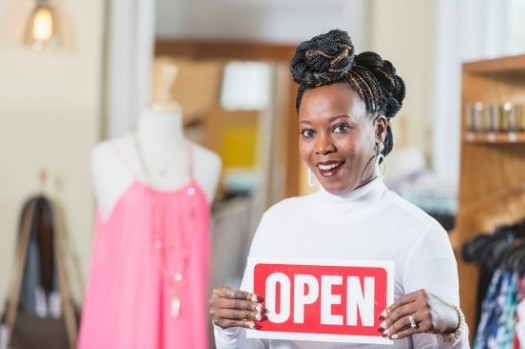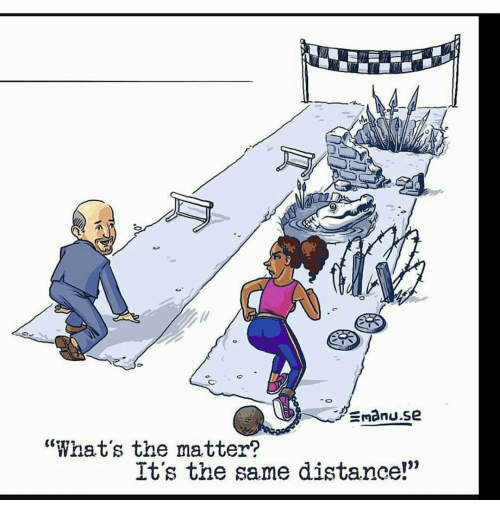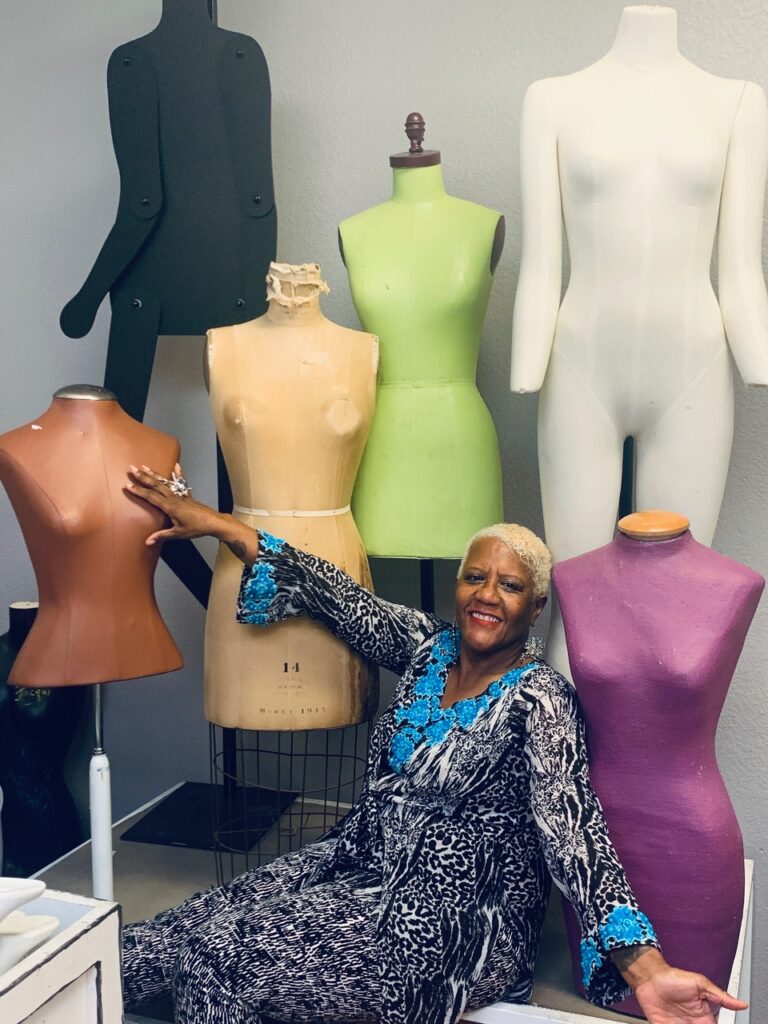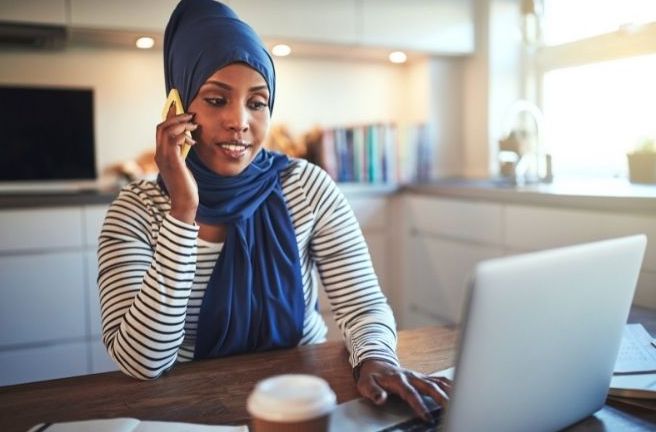
Businesses owner by Black women-owned grew 67% from 2007 to 2012, compared to 27% for all women, and 50% from 2014 to 2019, representing the highest growth rate of any female demographic during that time frame.
But in 2020 Covid changed everything.
While it was tough time for most businesses (unless you were Netflix, Amazon, etc.), for Black female business owners the scene was more like this:

Over 40% of Black owned businesses were in industries that were hardest hit by the pandemic — leisure, hair salons, hospitality, transportation, and retail. According to this article in Forbes magazine, it seems like decades worth of progress of Black entrepreneurship is be wiped out. While Forbes had some valid points which they backed up with statistics, it could potentially discourage anyone reading it to abandon their goal of being an entrepreneur right now.
“Trust your gut over data,”is a statement I heard Melissa Butler say at an online conference. Melissa is the founder of The Lip Bar, a Black owned cosmetics company. Melissa was turned down for funding by every single investor when she pitched on Shark Tank. Her cosmetics line is booming and can be purchased on her website and 450 Target stores.
She said, “Our rejection on Shark Tank was not easy but, at that moment, I had to make a decision. And I decided that I would not give someone else power over my dreams.”
I stand with Melissa, and I am writing a series of posts to offer my perspective about why NOW is a good time for a Black woman to start a business. Let me begin the series by sharing a little background about myself so you know that I am “walking the talk.” Prior to launching my business, I worked at two Fortune 100 companies and a dot com start up.

For the last 20 years I have been the owner of Mannequin Madness, the only Black owned company in the mannequin industry. According to Forbes many Black owned businesses never make it past the 5-year point, so I have far exceeded the expectations of my business survival.
My business began in January 2001 as a side hustle renting mannequins to customers in the Bay Area for photo shoots, trade shows and parties. I had no previous experience being an entrepreneur or working in the retail industry. In fact, I had never even touched a mannequin before launching the business. This does not mean I recommend starting a business with so little knowledge or contacts in your chosen industry. This was my version of trusting my gut over data.
Nine months after I started my side hustle 9/11 happened. I lost my day job which had provided a steady income. The period right after 9/11 was a scary time to start a business, just like now. But that event made me decide to live more fearlessly instead of living in fear. So rather than look for another job, I decided to bet on myself and become a full-time entrepreneur.
I was 44 years old at the time. And needless to say, I didn’t even consider getting a business loan given the economic times, my lack of industry experience and novelty business. Totally bootstrapped.
Back then the internet was still relatively new, E-commerce was in its infancy and there was NO social media. It would be another six years before the iPhone was released. (It really sounds like I am describing doing business in the dark ages, doesn’t it?) The term “boss lady” was a derogatory term, not the aspirational one it is now.
There were very few female entrepreneur role models — black or white. And where I live in the Bay Area, the label “entrepreneur” was reserved for a male owner of a tech startup with venture capital funding.

This is why it took me over five years to even call myself an entrepreneur. I saw myself as someone who was perpetually doing different things to keep my business afloat with my limited resources. I was Black Girl Magic 24/7. Once I began to call myself an entrepreneur, things started to shift. New mindset results in new outcomes.
Mannequin Madness is now an e-commerce business with a 3200 square foot warehouse, 4 employees and 4 independent contractors. We no longer just rent mannequins; we sell them to customers all over the U.S. and Canada; we teach zoom classes on how to make Dress Form Christmas Trees; we host flower crown making classes in our showroom (with mannequin heads as a canvas) and we rent out our warehouse for photoshoots. Who knew there were so many things you could do with a mannequin business? #BlackgirlMagic
What makes us unique from other mannequin companies is the wide variety of products we carry. And we developed a niche in offering secondhand mannequins that we recycle for major retail chains when they close or remodel. A sampling of our recycling clients include Ralph Lauren, Bloomingdales, The Gap, Macy’s, H&M and more.
My experience is why I am such an advocate for encouraging women to start their own business. And while entrepreneurship is not for everyone, I think more women would consider it if they were encouraged to do so it they saw others who have. It is hard to be what you can’t see.
Based on what I have seen and done in 20 years of being in business is why I can confidently say that NOW is the most favorable time in history for a Black woman to become an entrepreneur.

This is the first in an ongoing weekly series where I will provide resources, suggestions, funding sources and examples to inspire those who are on the fence or are just getting started. My next post will be about funding your business. I have won numerous grants that provided no strings attached capital for my business.
While my advice the upcoming articles in this weekly series will be geared towards Black women over 40 (because that is my demographic) it is applicable for men and women of all races and ages. However my upcoming advice regarding technology tools might seem a little basic for a younger audience who are digital natives.
I hope you will follow my series of articles and become inspired to pursue your entrepreneurial dreams. In the meantime, check out the Black Business.com website for inspirational stories of Black entrepreneurs around the world.
